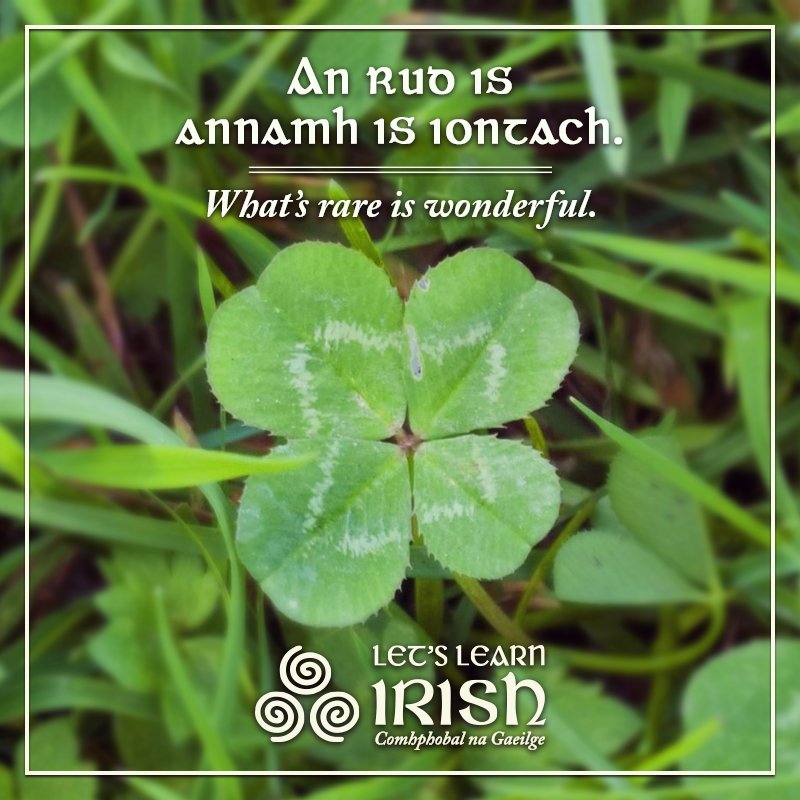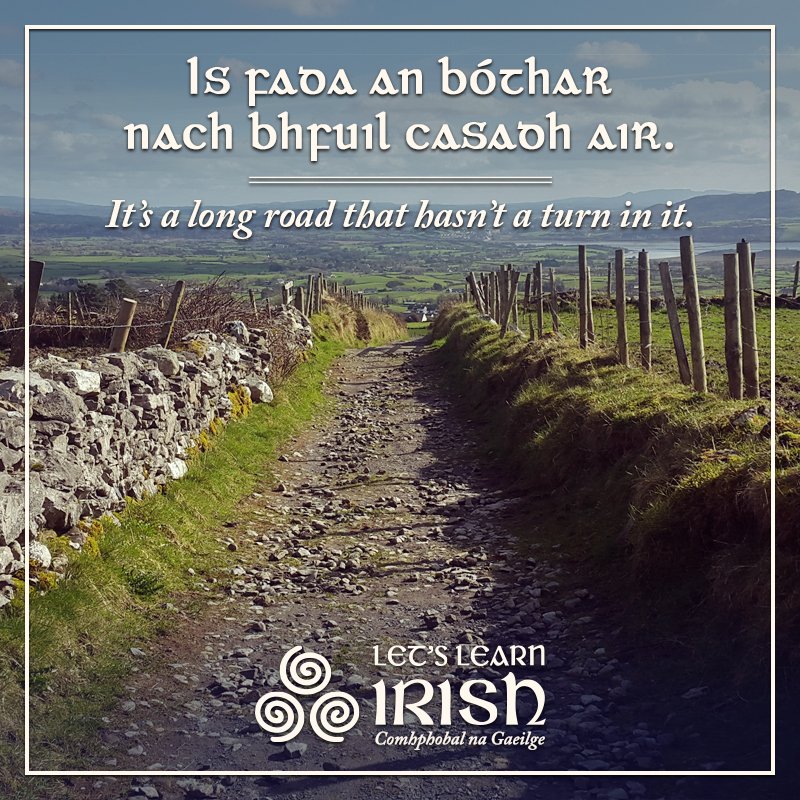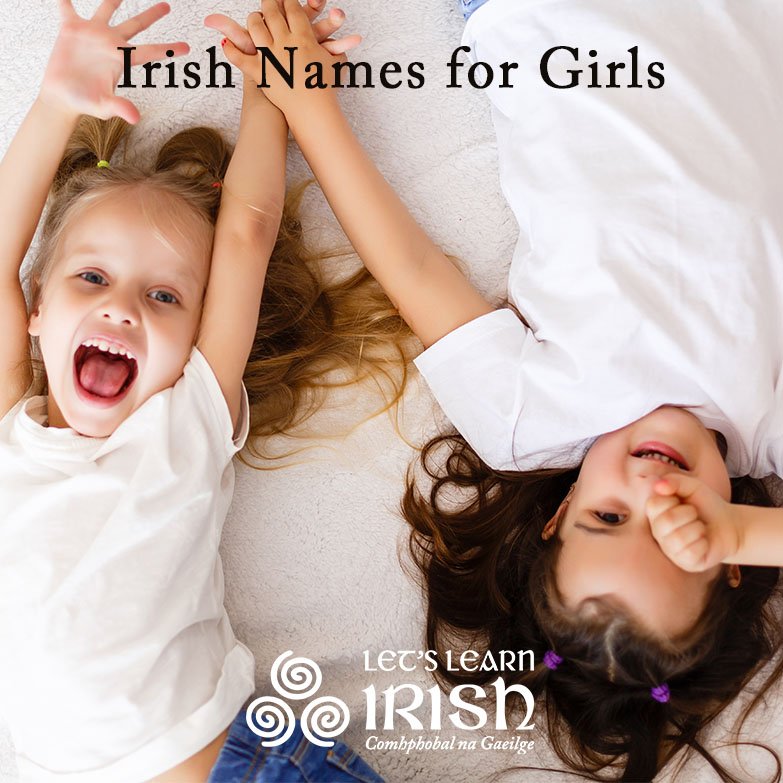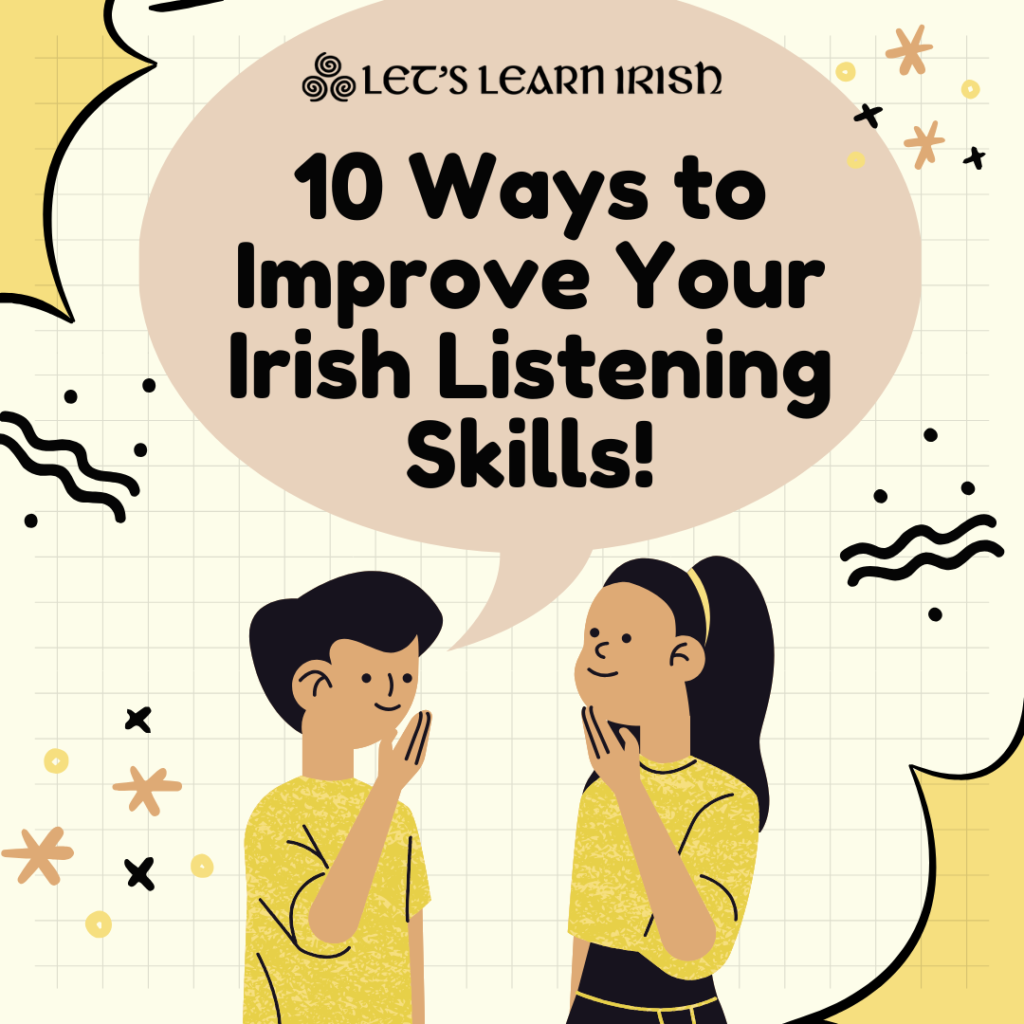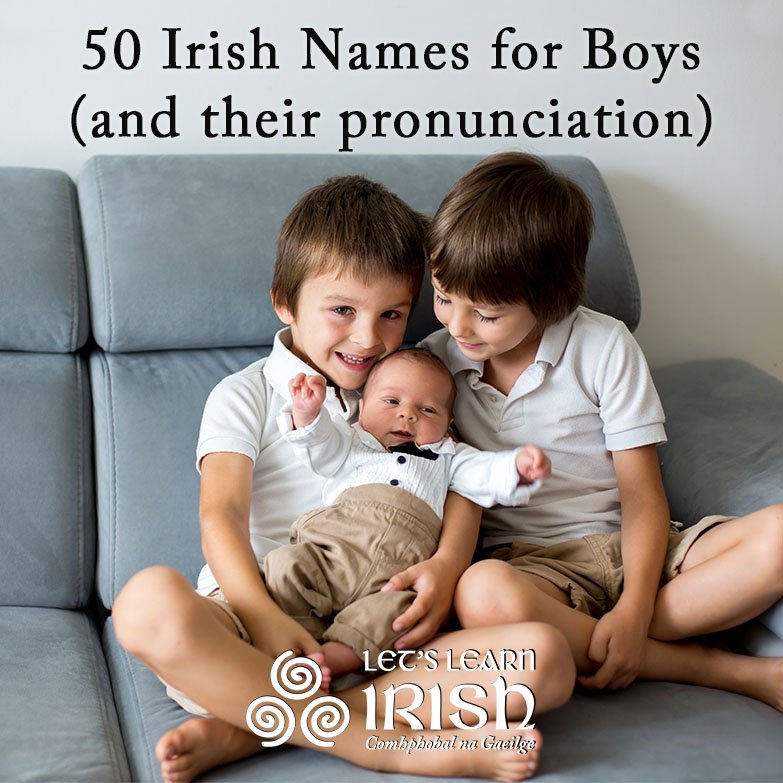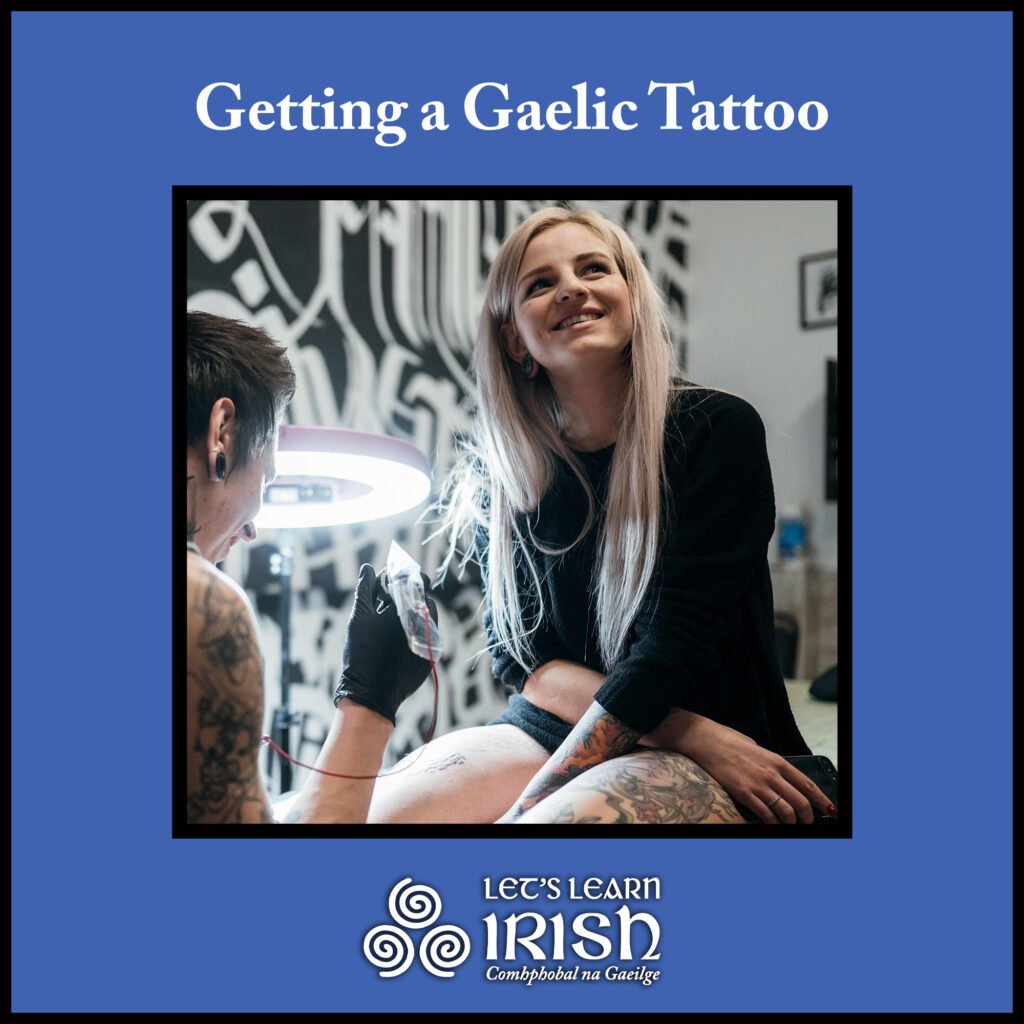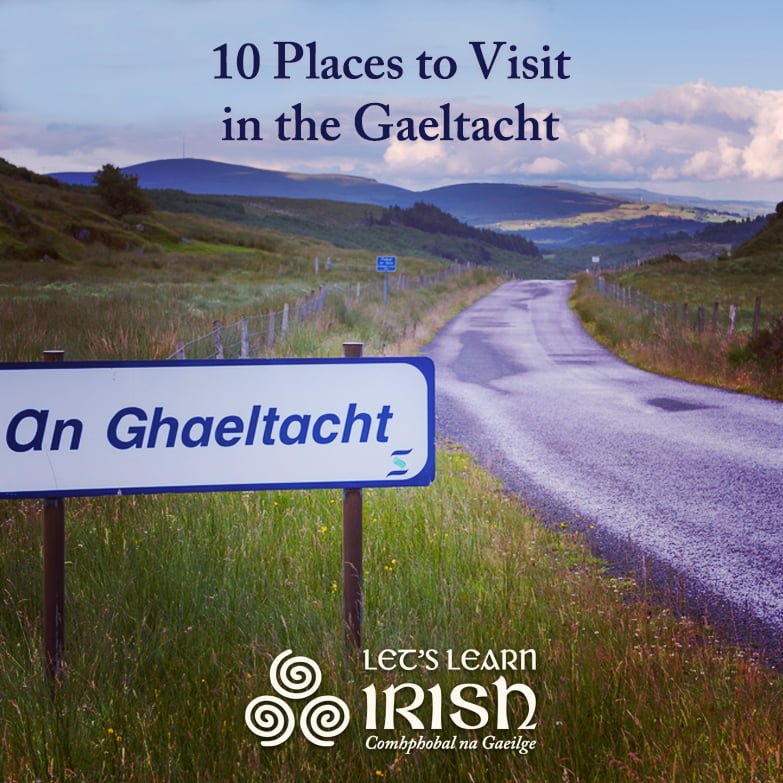What Makes a Great ‘Seanfhocal’?
If you’ve been attending Irish classes, there’s a very good chance you’ve heard some Irish seanfhocail. The word seanfhocail (singular: seanfhocal) translates to “old words”, and these sayings can best be described as traditional Irish proverbs or aphorisms. Derived from the cultural experiences of the Irish people, seanfhocail often encapsulate advice, observations and cultural values in a concise and memorable way.
We value seanfhocail not only for their linguistic beauty but also for their wit, their wisdom and the insights that they provide into Irish life and culture. They are used in a variety of contexts, from formal speeches and literary works, to language classes and daily conversation. So, what makes a great seanfhocal? Here’s what we believe are the essential elements of a memorable Irish proverb…
- Brief: A seanfhocal is short and to the point, making it easy to remember and repeat. It uses vivid imagery or metaphors to convey deeper meanings in just a few words.
- Educational: A seanfhocal can serve educational or moral purposes, teaching values such as honesty, perseverance, and wisdom. A seanfhocal might impart traditional values to younger generations.
- Insightful: A great seanfhocal offers insights into the Irish worldview, culture and linguistic ingenuity, reflecting the historical and social realities of the times in which they were formulated.
- Witty: An effective seanfhocal will often incorporate a sharp wit or a layer of humour, representing an Irish fondness for wit and wordplay.
See below for a selection of classic Irish seanfhocail that demonstrate these four key qualities. Alongside each seanfhocal you will find an audio recording to help with pronunciation, as well as an explanation of the proverb in both Irish and English. Say each seanfhocal out lout and use it whenever you can, both in conversation and in writing. Next, be sure to also watch our video of our 10 favourite proverbs with Múinteoir Alanagh, and our ‘55 Irish ‘Seanfhocail’ and How To Say Them‘. Ádh mór/Good luck!
Ní féidir le cuileog dul isteach i mbéal atá dúnta.
Maireann croí éadrom i bhfad.
Is minic a bhris béal duine a shrón.
Ciall: Más dúnta atá béal an duine, ní féidir le cuileog dul isteach ann.
Meaning: A closed mouth catches no flies.
Ciall: An duine nach bhfuil fadhbanna móra aige agus nach bhfuil buartha faoi imeachtaí an tsaoil, beidh saol fada aige.
Meaning: A light heart lives a long time.
Ciall: Is minic a thosaigh troid mar gheall ar rud a dúirt duine.
Meaning: That which was said often resulted in a broken nose.
Ní ualach do dhuine an fhoghlaim.
An rud is annamh is iontach.
Giorraíonn beirt bóthar.
Ciall: Cuidíonn foghlaim le forbairt an duine.
Meaning: Learning is not a burden for anyone.
Ciall: An rud nach dtarlaíonn go minic, cuireann sé níos mó iontais orainn.
Meaning: What’s rare is wonderful.
Ciall: Go minic, tá tasc níos fusa a dhéanamh nuair atá duine eile leat.
Meaning: Two shorten the road.
Is olc an ghaoth nach séideann maitheas do dhuine éigin.
Éist le fuaim na habhann agus gheobhaidh tú breac.
Mura bhfuil agat ach pocán gabhair, bí i lár an aonaigh leis.
Ciall: Is cuma cén rud a tharlaíonn, déanann sé tairbhe do dhuine éigin.
Meaning: ‘Tis an ill wind that doesn’t blow good for somebody.
Ciall: Tabhair aire do na cuinsí timpeall ort agus éireoidh go geal leat.
Meaning: Listen to the sound of a river and you will catch a trout.
Ciall: Bain an méid agus is féidir leat as cibé rud atá agat.
Meaning: If you’ve only got a buck goat, be in the middle of the fair with it, i.e. do the best with what you’ve got.
Ní hí an áilleacht a chuireann an corcán ag fiuchadh.
Ní mar a shíltear a bhítear.
Ná bac le mac an bhacaigh is ní bhacfaidh mac an bhacaigh leat.
Ciall: Ní dhéanann áilleacht choirp an chócaireacht duit.
Meaning: Beauty doesn’t boil the pot.
Ciall: Ní bhíonn rudaí go minic mar a cheapaimid.
Meaning: All is not what it seems.
Ciall: Ná bac le trioblóid agus beidh tú i gceart.
Meaning: Don’t trouble trouble and it won’t trouble you.
Ní thagann ciall roimh aois.
Ní hé lá na gaoithe lá na scolb.
An té nach bhfuil láidir ní foláir/mór dó a bheith glic.
Ciall: Ní bhíonn daoine óga ciallmhar go dtí siad fásta suas.
Meaning: Sense comes with age.
Ciall: Níl maitheas ar bith a bheith ag iarraidh ceann tuí a chur ar theach nuair atá gála gaoithe ann.
Meaning: A windy day isn’t the day for thatching.
Ciall: Mura bhfuil tú láidir caithfidh tú a bheith glic.
Meaning: He who is not strong much be clever.
Is fada an bóthar nach bhfuil casadh air.
Is é an ceannaí moch a dhéanann an margadh.
Is fearr go déanach ná go brách.
Ciall: Níl bóthar dá fhad nach bhfuil coirnéal air.
Meaning: It’s a long road that hasn’t a turn in it.
Ciall: Bíonn an rogha is fearr ag an gceannaí a bhíonn amuigh go luath.
Meaning: The early bird catches the worm.
Ciall: Is fearr teacht go déanach ná gan teacht ar chor ar bith.
Meaning: Better late than never.
Bígí páirteach!
Join the online Irish community at LetsLearnIrish.com.
Follow on social media @LetsLearnIrish.





